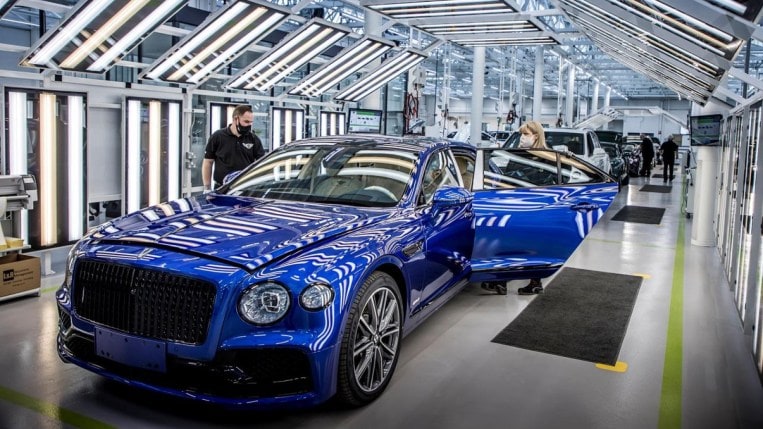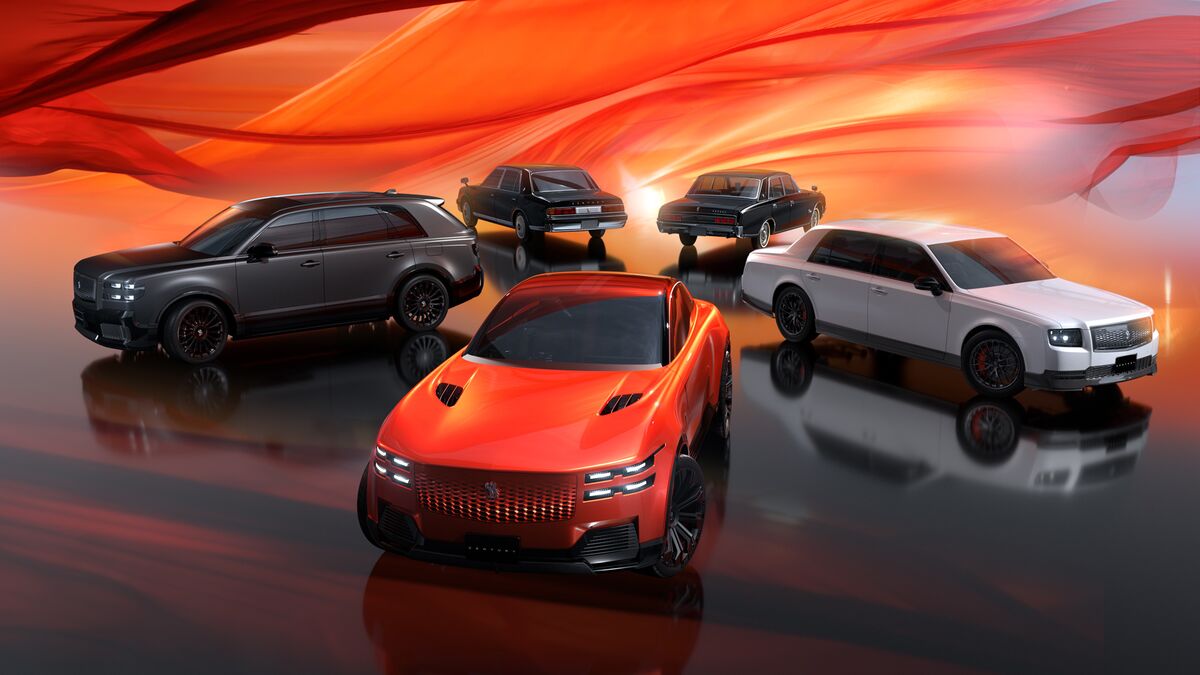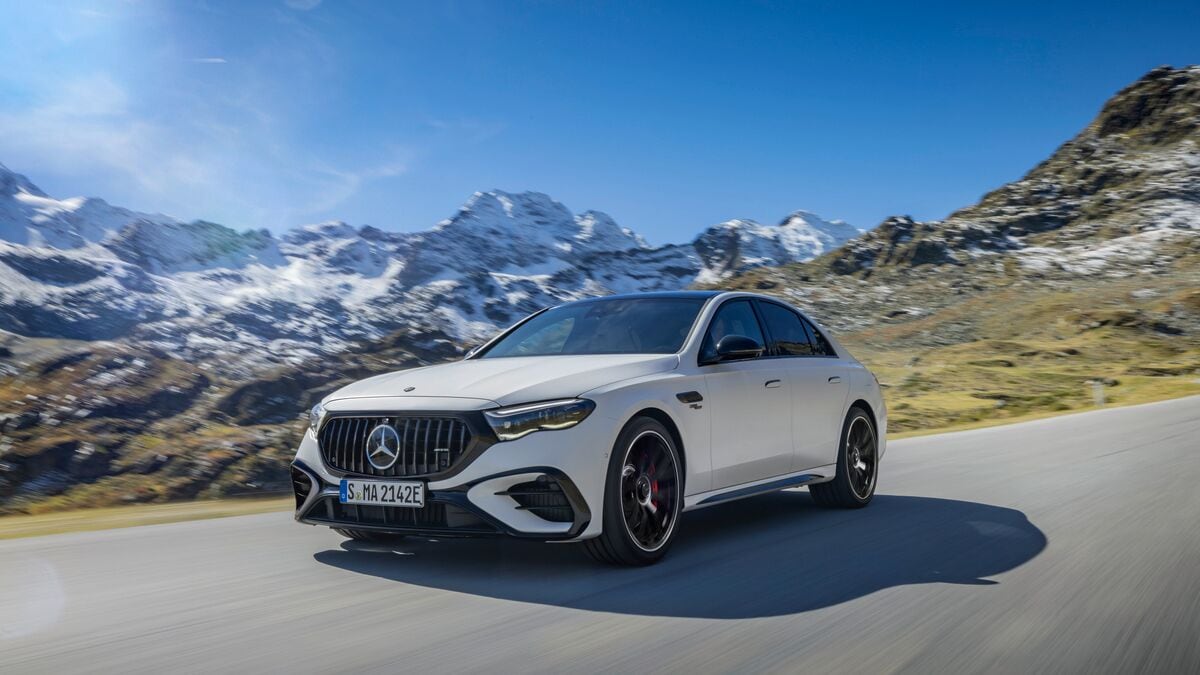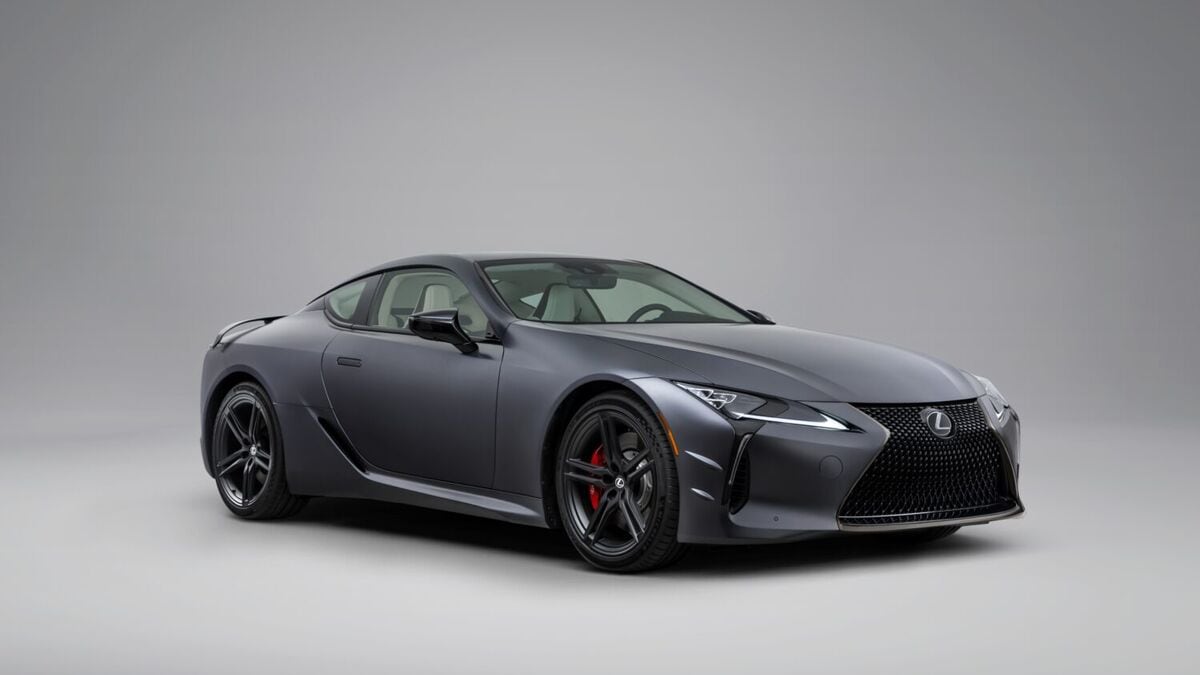
One of Many to Make the Switch
Volkswagen’s ultra-luxury division joins a growing list of automakers to announce plans to stop building internal combustion engines by a set date.
Volvo has announced plans to be all-electric by 2030. Mercedes-Benz will go all-electric by the end of the decade in markets that build enough infrastructure to support the switch. Bentley corporate cousin Audi may be all-electric as early as 2026.
Other automakers will come close. General Motors plans to sell a mostly-electric lineup by 2035.
But none of those companies make their living selling quarter-million-dollar cars to the super-wealthy. In that rarified air, only 103-year-old Bentley and 116-year-old rival Rolls Royce have made a commitment. Rolls also plans to be out of the internal combustion game by 2030.
Five EVs in Five Years
Bentley already sells a plug-in hybrid (PHEV) version of its Bentayga SUV. It plans to add a PHEV option to its flagship Flying Spur sedan – the one with an interior so opulent it takes 1.86 miles of thread just to stitch the quilted leather upholstery – by the end of 2022.
Then, Bentley will begin replacing its entire lineup with electric cars. The company plans to release one new model per year under what it calls a “five-in-five plan.” Considering that the current Bentley lineup consists of four vehicles, that means a full lineup switch by 2030.
The first will come in 2025. According to chief engineer Matthias Rabe, it will be “a complete new car, a complete new model.”
As a division of Volkswagen, Bentley has access to the high-performance electric powertrain used in the Audi e-tron GT and Porsche Taycan as a possible starting point for its ambitious plan.







